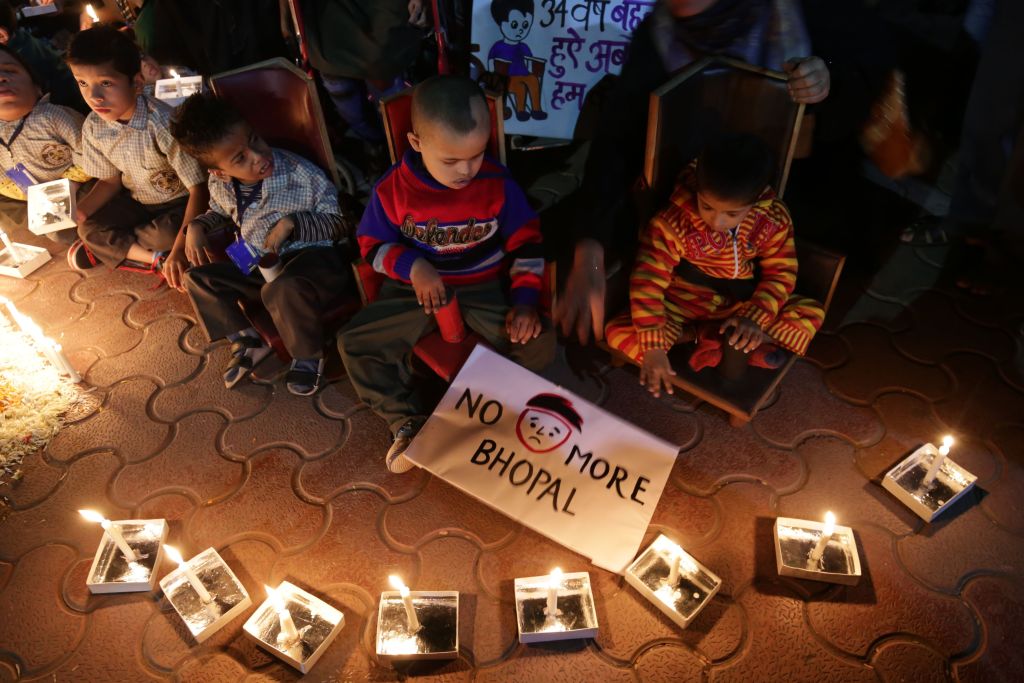
By: Shajil Kumar
Amnesty International has called upon Dow to take long-overdue action to provide relief to the survivors of the deadly gas leak from pesticide plant in Bhopal, India nearly forty years ago.
The world’s worst industrial disaster killed more than 22,000 people and 500,000 continue to suffer its consequences.
Ahead of Dow’s AGM next month, Amnesty International has released a report ‘Bhopal: 40 years of Injustice’, and urged firms and governments to withhold business from Dow over its human rights failures.
The report identifies several UK financial institutions that are significant investors in Dow.
They include Legal & General, HSBC, Barclays, Fifthdelta, Aviva, Schroders, Kiltearn Partners and Standard Life.
Amnesty has urged these companies to consider ending their relationship if Dow fails to take meaningful action.
When the disaster happened in 1984, the plant was owned by US-baded Union Carbide Corporation.
The company was later acquired by Dow and it disavows any liability.
Amnesty says the area around the plant continues to be badly contaminated, and the health problems faced by local communities are so severe that it is now a ‘sacrifice zone’.
The report claims that discrimination based on race, caste, and religion, either intentional or otherwise – underpins the disaster and its aftermath.
Union Carbide was operating a pesticide plant that stored and processed highly poisonous chemicals – and which was maintained and supervised below standards of equivalent Union Carbide facilities in the US.
The plant was located close to a densely-populated area inhabited by the poor and marginalised communities.
When a storage tank ruptured at around midnight on December 2, 1984, tonnes of deadly methyl isocyanate gas spread to nearby areas, killing around 10,000 people immediately.
Many who initially survived suffered horrific health problems including chronic respiratory and immune system illnesses, resulting in the premature deaths.
A disproportionate percentage of children whose parents who were exposed to the gas have been born with disabilities or have congenital disorders.
Amnesty wants Dow and the US government to assist with all legal proceedings – including criminal litigation – underway in India.
Dow and the Union Carbide Corporation should adequately compensate all survivors and remedy multi-generational harms.
The report has called upon the Indian government and local authorities must ensure the reliable supply of clean water to affected communities, and facilitate prompt distribution of all outstanding compensation.
